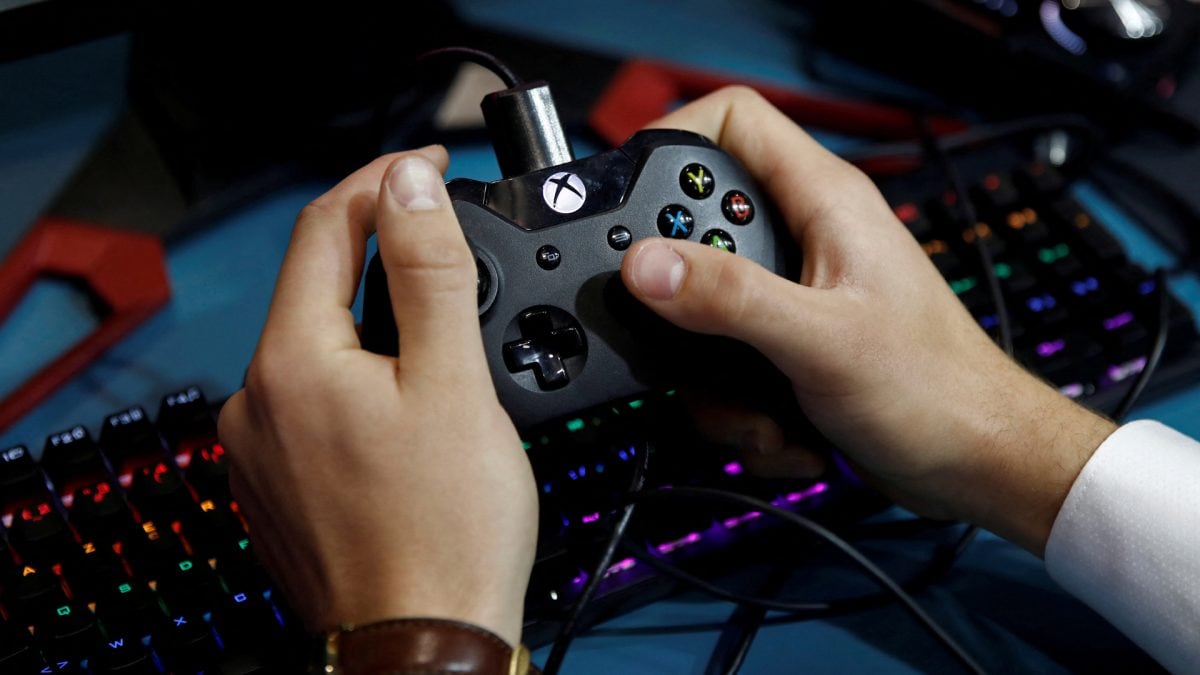
STUDENTS WHO PLAY COMPUTER GAMES ARE BETTER AT SPOTTING DISINFORMATION & FAKE NEWS, SHOWS STUDY
Fake news and disinformation are a massive problem ini today’s day and age, one which seemingly has no solution. Or so one would have thought. A team of Swedish social scientists and engineers have a novel way to help people identify fake news and disinformation — video games.
A team of researchers have found that people who play video games are prone to observe content with greater intent and are therefore are able to notice some minute details more frequently than those who don’t play them.
To prove their point, researchers from the University of Cambridge, Uppsala University in Sweden and video game studios developed a new game called Bad News and had their participants play as the bad guys.
The experiment involved 516 Swedish upper secondary school students from four different schools. In Bad News, players assume the role of a fake news-monger, allowing them to become familiar with manipulation techniques commonly used to deceive audiences.
The game targets six practices prevalent in spreading misinformation: impersonation, emotion, polarisation, conspiracy, discrediting, and trolling
"This is an important step towards equipping young people with the tools they need to navigate a world full of disinformation," stated Thomas Nygren, a professor of education at Uppsala University in Sweden and one of the authors of the study. He emphasized the need for enhancing individuals' ability to identify manipulative strategies, particularly in light of challenges such as deepfakes and AI-generated disinformation.
The study, published in the Journal of Research on Technology in Education, involved students playing the game individually, in pairs, or as a class using a shared scorecard.
All three approaches resulted in positive outcomes, with students demonstrating greatly improved skills in identifying manipulative techniques in social media posts and discerning between reliable and misleading news.
The researchers the dove into the reasons behind the game's effectiveness and found that by competitive elements increased students' interest levels. However, they noted that while gamification can enhance engagement, it does not necessarily correlate with increased learning.
In addition to inoculating users against misleading content, the game also fostered favourable attitudes towards trustworthy news sources.
Serious games, such as Bad News, are gaining traction in public campaigns as effective tools for education and training purposes.
The Cambridge Social Decision-Making Lab has developed other serious games, including Harmony Square, focusing on election misinformation, and Go Viral!, which addresses COVID-19 misinformation.
(With inputs from agencies)
2024-04-30T10:21:33Z dg43tfdfdgfd